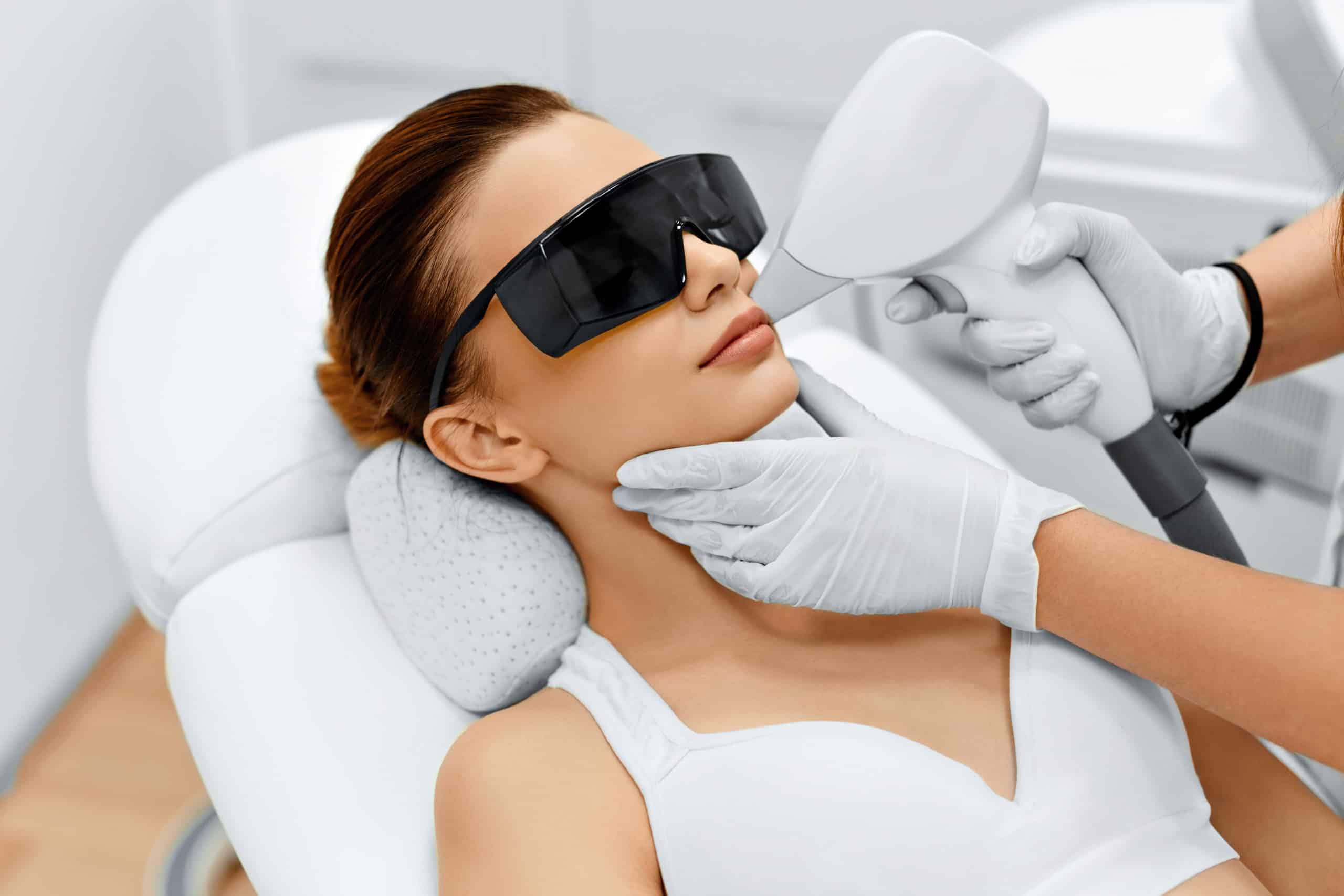Using Skin Analysis to Customize Hair-Removal Protocols
💡 Summary
Not all clients’ skin and hair are the same — and that’s why personalized hair-removal protocols are key to success.
By combining skin analyzers with diode or IPL hair removal systems, clinics can assess skin tone, melanin levels, and sensitivity before treatment — reducing the risk of burns and improving long-term outcomes.
✨ Why Skin Analysis Matters in Laser Hair Removal
Modern skin analysis systems go beyond surface inspection. They use multi-spectral imaging and optical sensors to detect underlying characteristics such as:
-
Melanin concentration
-
Hydration level
-
Pore size and oil balance
-
Skin sensitivity and redness
By analyzing these metrics, practitioners can choose the correct wavelength, energy level, and pulse duration for each individual.
⚙️ How Skin Analysis Optimizes Treatment
| Skin Parameter | Protocol Adjustment | Result |
|---|---|---|
| Melanin Level | Adjust laser wavelength and fluence to avoid pigmentation risk. | Safe and even hair reduction. |
| Hydration | Recommend hydrating treatment before session if skin is dry. | Improved comfort and recovery. |
| Pore & Sebum Balance | Select cooling mode intensity for oily or sensitive skin types. | Reduced redness and irritation. |
| Skin Sensitivity | Decrease pulse duration or use gradual energy build-up mode. | Gentle yet effective treatment experience. |
 💬 Professional Tip
💬 Professional Tip
👉 Combine skin analysis with a patch test before the first session.
This step builds client confidence and ensures precise energy matching for their skin tone and hair color.
It also allows your team to personalize cooling settings and treatment intervals, optimizing the full treatment plan.

